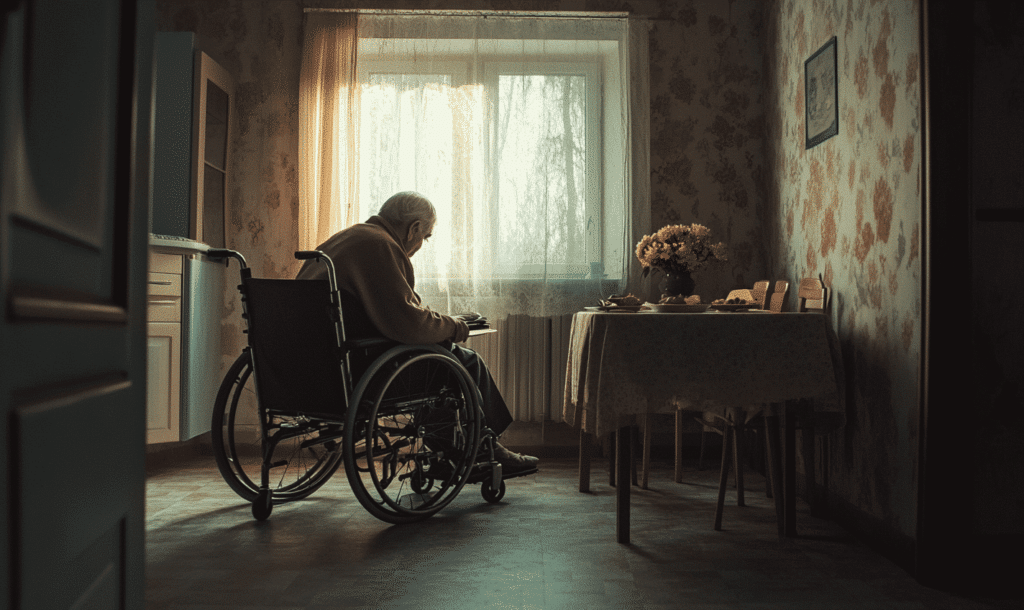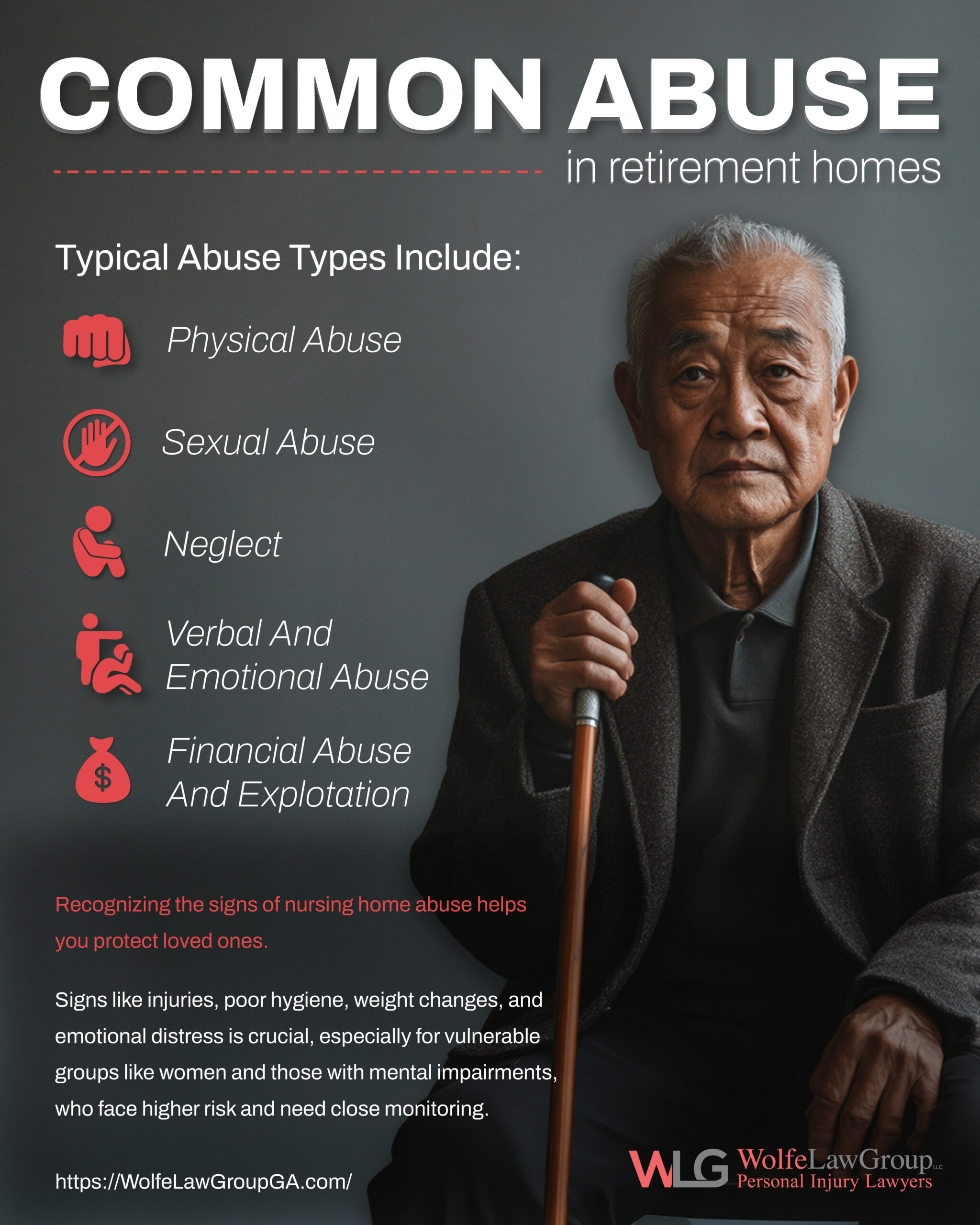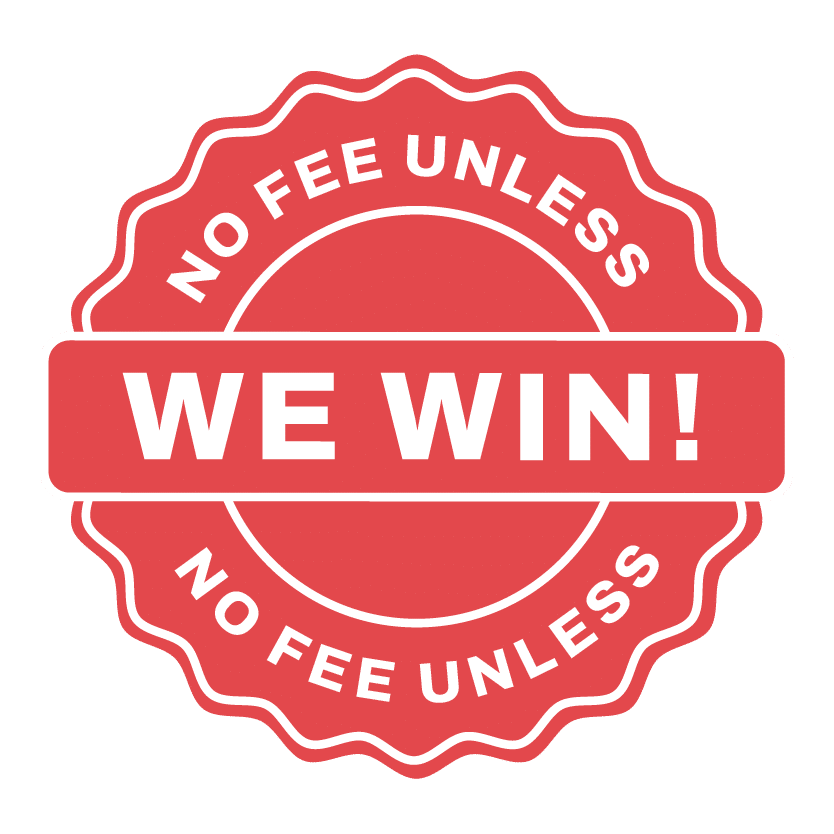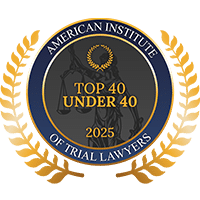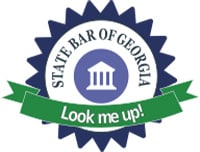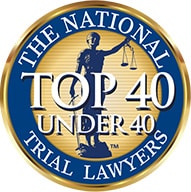Key Takeaways
- Identifying poorly rated nursing homes in Georgia involves evaluating inspection reports, compliance with regulations, and performance metrics, with a focus on resident satisfaction and health outcomes.
- Common violations in Georgia nursing homes include medication errors, insufficient staffing, poor hygiene, and neglect, all of which significantly impact resident well-being.
- The Medicare Five-Star Quality Rating System serves as a guideline for assessing nursing home quality, but should be complemented with personal visits and local advocacy information for informed decision-making.
Identifying the Worst Nursing Homes in Georgia
The worst nursing homes in Georgia can be identified by evaluating inspection results, compliance with federal and state regulations, and performance metrics. Inspections ensure that facilities meet care standards, avoiding penalties and ensuring quality care.
Quality measures, including resident satisfaction and health outcomes, are crucial for evaluating quality nursing homes. Factors like hygiene and medical care play significant roles. Many facilities in Georgia face understaffing, leading to neglect, unmet needs, and poor ratings.
The Georgia Department of Community Health updates nursing home performance information, helping the public stay informed. The department compiles ratings and inspection lists to identify underperforming facilities. Detailed inspection reports are available on their website.
In summary, identifying the worst nursing homes requires examining inspection results, understanding regulations, and staying updated with performance data. This approach helps families make informed decisions to ensure quality care for their loved ones.
Hurt? Your Search for Justice Ends Here. Let’s Get Started, for FREE.
Get your FREE and confidential case review today.
Common Violations in Georgia Nursing Homes
Common violations in Georgia nursing homes include:
- Medication errors
- Insufficient staffing
- Poor hygiene
- Physical abuse
- Neglect in a Georgia nursing home
These issues significantly impact residents’ well-being and pose unique challenges and risks for more seniors and the older population, which can contribute to difficulties in the coming decades.
Medication management errors, such as incorrect dosages or untimely administration, can lead to severe health problems. These errors underscore the need for proper training and staffing to ensure residents receive medications as prescribed.
Georgia nursing homes have historically struggled with staffing levels, with many nursing homes rated much below average. In 2014, they received an F rating, with only 31% having above-average staffing. This widespread issue affects care quality, resulting in poor hygiene, increased neglect risk, and high staff turnover.
Health inspections are crucial for evaluating compliance with regulations, including prevention standards and hygiene standards. Regular inspections identify serious violations like bedsores, signaling neglect. Understanding these violations helps families assess care term quality and take proactive steps to ensure infection control and safety.
Understanding Medicare’s Star Rating System

The star rating system evaluates nursing homes on health inspections, staff, and quality measures based on rating criteria. Health inspections assess regulatory compliance and deficiencies. Staffing ratings consider hours worked and turnover rates. Quality measures include health indicators like surgery recovery rates and vaccination status. Please note that these factors are crucial for determining the overall quality of care.
CMS audits health assessment coding to ensure accurate ratings, affecting quality measure star ratings. Facilities with high turnover or inadequate weekend staffing are scrutinized. The star rating system offers guidelines but doesn’t cover all factors for selecting a nursing home.
Consumers should combine star ratings with personal visits and information from local advocacy groups for informed decisions. This approach provides a comprehensive understanding of a nursing home’s quality, ensuring better choices for loved ones. The Medicare star rating system is valuable but should be used alongside other resources.
Special Focus Facilities in Georgia
Special Focus Facilities are identified by CMS for consistent underperformance, exhibiting repeated subpar performance patterns. This designation indicates ongoing issues needing urgent attention, significantly impacting resident care quality and causing these facilities to fall short in their responsibilities.
Designated Special Focus Facilities face intensified CMS oversight to address performance issues, including more frequent inspections and stricter monitoring at centers, in accordance with Medicare and Medicaid regulations. The goal is to bring these facilities up to standard, ensuring safe and effective care.
Special Focus Facilities undergo more frequent inspections by regulatory authorities to protect residents and promote higher standards of best care, including compliance with medicaid regulations. Families should be aware of these long-term care facilities in Georgia to avoid placing loved ones in high-risk environments and seek better long-term care options, including a rehabilitation center.
Recognizing Signs of Abuse and Neglect
Recognizing signs of abuse and neglect in nursing homes is crucial for resident safety. Physical indications may include unexplained injuries like bruises or fractures. These signs should be taken seriously as they may indicate abuse or neglect.
Unsanitary conditions in nursing homes can result from neglect, exposing residents to infections or respiratory issues. Neglect can also cause malnutrition and dehydration if adequate meals or hydration are not provided. Failing to assist with personal hygiene can lead to infections and reduced self-esteem.
Behavioral changes can indicate abuse and neglect. Signs include increased anxiety, withdrawal from social interactions, and unusual behaviors resembling dementia. Recognizing these signs is essential for taking prompt action to protect residents.
By staying vigilant and aware of these indicators, families can better ensure the safety and well-being of their loved ones in nursing homes. Immediate action should be taken if any signs of abuse or neglect are observed for the prevention of further harm, including implementing resident care measures.
Were you Hurt in a Nursing Home Abuse Situation? Let Us Help You.
Steps to Take If You Suspect Neglect or Abuse

Victims should report abuse incidents to authorities and seek legal counsel promptly to strengthen their claims. Gathering evidence and consulting experts can build a strong case to hold responsible parties accountable.
Behavioral shifts like increased anxiety or social withdrawal in children may indicate abuse and should be reported. Complaints should also be documented to support the case.
Prompt legal action is crucial in nursing home abuse cases, as timely filing can significantly affect the outcome and potential compensation. The Wolfe Law Group gathers evidence and consults experts to build strong cases for neglect victims. These steps help families protect their loved ones and seek justice for harm caused.
Legal Assistance for Nursing Home Neglect Victims
Legal assistance is vital for victims of nursing home neglect to protect their rights and seek justice. The Wolfe Law Group offers free initial consultations, allowing victims to discuss legal options without financial pressure. This consultation helps understand the legal process and determine the best course of action.
The Wolfe Law Group works on a contingency fee basis, meaning clients only pay if they win their case. This arrangement makes legal representation accessible to more victims, ensuring they have the support needed to pursue justice. In Georgia, victims have two years to file a claim from the date of discovering the abuse.
Victims of nursing home neglect benefit greatly from legal assistance to protect their rights and seek justice for the patient. Legal professionals gather evidence, consult experts, and build strong cases to hold negligent facilities accountable. Seeking legal assistance ensures families receive the compensation and justice they deserve.
Frequently Asked Questions
How are nursing homes in Georgia assessed for quality?
Nursing homes in Georgia are assessed for quality through inspections, adherence to federal and state regulations, and performance metrics like resident satisfaction and health outcomes. This comprehensive evaluation ensures that care standards are consistently maintained.
What are some common violations in Georgia nursing homes?
Common violations in Georgia nursing homes include medication errors, inadequate staffing, poor hygiene standards, physical abuse, and neglect. Addressing these issues is crucial for ensuring the safety and well-being of residents.
What is Medicare's Five-Star Quality Rating System?
Medicare’s Five-Star Quality Rating System evaluates nursing homes on a scale of 1 to 5 stars, based on criteria such as health inspections, staffing, and quality measures, enabling consumers to make informed comparisons between facilities.
What should I do if I suspect abuse or neglect in a nursing home?
If you suspect abuse or neglect in a nursing home, it is crucial to contact law enforcement if there is imminent danger, report the incident to the appropriate authorities, and seek legal counsel to strengthen your case. Taking these steps can help ensure the safety and well-being of the affected individual.
How can legal assistance help victims of nursing home neglect?
Legal assistance is crucial as it helps victims of nursing home neglect gather evidence, consult with experts, and construct a compelling case, ultimately ensuring justice and financial compensation for their suffering.

